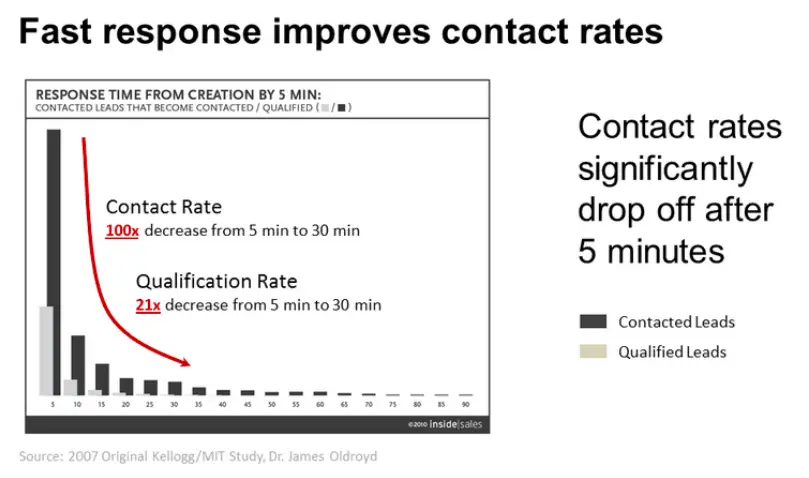
Managing bookings is at the heart of running a successful club, whether it’s a gym, a sports club, or a co-working space. Ensuring that resources

 The industry standard for convenience and data security is online registration, integrated with a payment processor. This is more true than ever as millennials are having kids who are involved in sports. This generation expects to buy online. People go for good servers for their sites (like the Melbourne servers out there) and the secure payment options specifically to cater to this. Personally, I’ve wrote one check in my entire life and don’t plan on writing another.
The industry standard for convenience and data security is online registration, integrated with a payment processor. This is more true than ever as millennials are having kids who are involved in sports. This generation expects to buy online. People go for good servers for their sites (like the Melbourne servers out there) and the secure payment options specifically to cater to this. Personally, I’ve wrote one check in my entire life and don’t plan on writing another.

Managing bookings is at the heart of running a successful club, whether it’s a gym, a sports club, or a co-working space. Ensuring that resources

In short, a successful sports coaching management strategy needs more than schedules and staffing—it requires alignment, automation, and insight. Many facilities focus on the surface-level